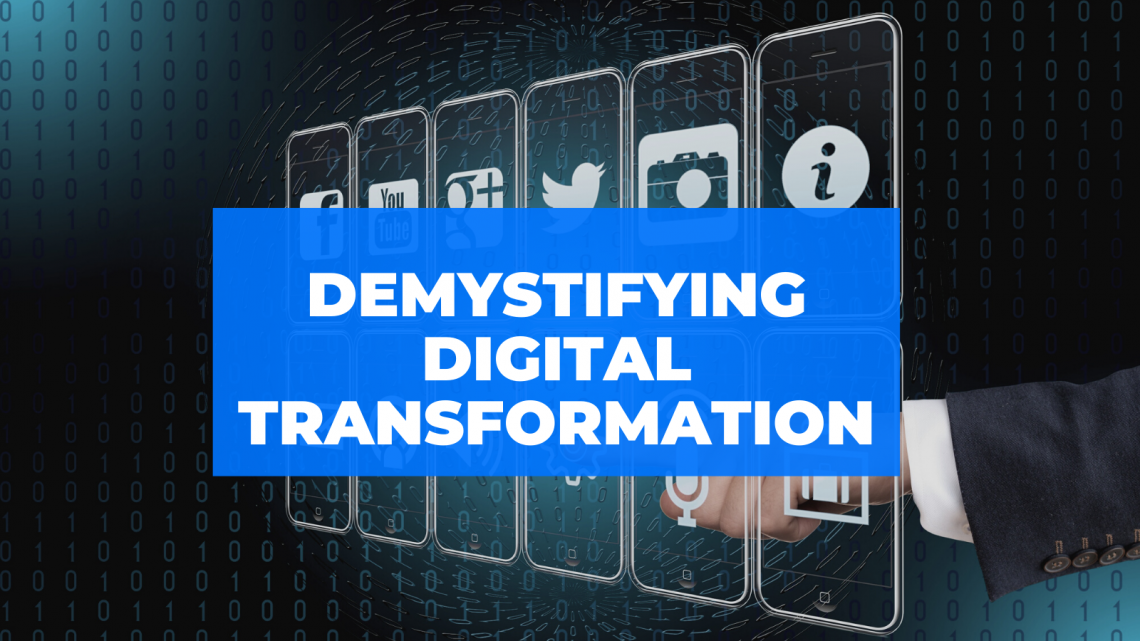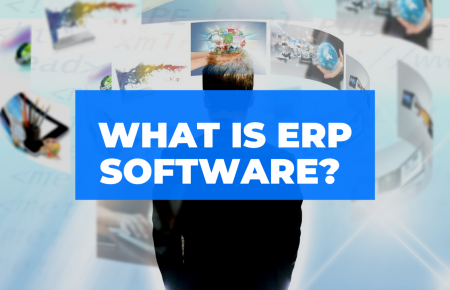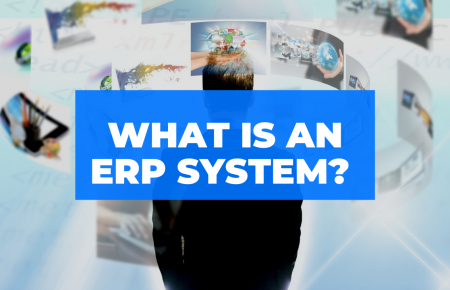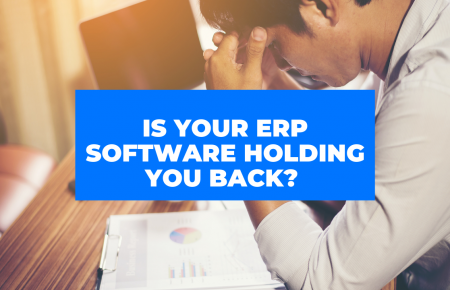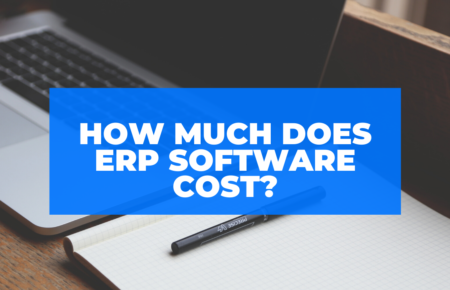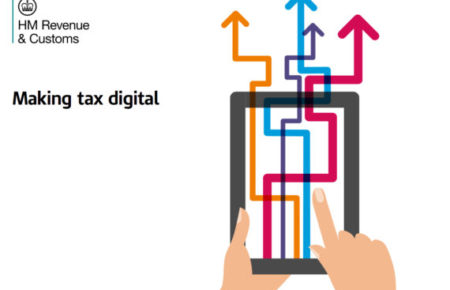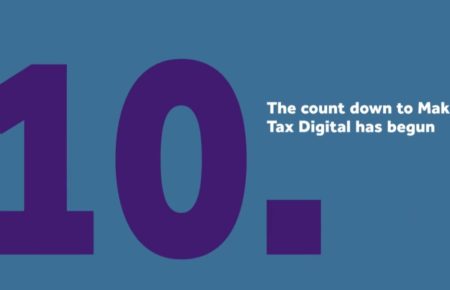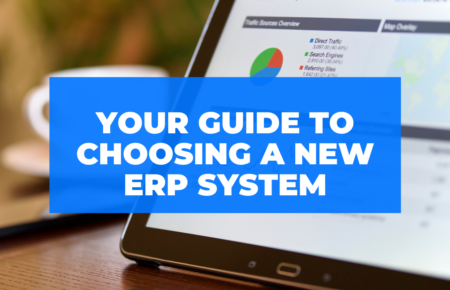Demystifying Digital Transformation
According to a McKinsey survey (2020), 64% of business executives believe that they need to improve and modernise their operational processes to stay competitive in “the new normal” that we are now living through.
Digital transformation is one of those buzz phrases that can mean something different to almost everyone if it is not explained correctly. So what does digital transformation actually mean?
First, let’s drop “digital” and just focus on “transformation” as this is the main crux of the issue. Business owners and managers are constantly thinking about ways to improve our businesses. Essentially, that’s all that is meant by ‘transformation’ in this context. Think of it as a form of evolution. Of progress. Those eternal questions of: how do we transform our businesses to optimise and improve:
- How we use our “people”
- The operational processes we have in place
- Our short and midterm strategies
- The technologies we use to operate our businesses
Transformation is an on-going process. As the economic climate we live in changes in this post-pandemic world, we must continue to adapt and evolve our businesses. Transformation is utterly essential to remain relevant and competitive for our customers.
Business Resilience and Agility
If you’ll indulge this author with a personal story for a moment, I’d like to tell you a bit about my Great Uncle Eric. He was a decorated WW2 pilot and, on the very rare occasion when he talked about his experiences during the war, he’d tell me that whenever you’re flying you should be constantly be scanning for places to make an emergency landing. He informed me how you should always assume that you’re about to get shot down or break down in flight! His life was reliant on his ability to continually fine-tune his flying technique and having flexible contingency plans in order to live another day (I’m sure you can see where I’m going with this analogy!)
It is our responsibility to prepare, plan and transform our businesses in readiness for the next unforeseen event. For instance, loss of a key customer account, or a key person leaving the business, or – God forbid – even another pandemic. Being transformational improves operational resilience and agility, which has the effect of future-proofing our businesses to survive the next unforeseen event.
A strategic approach
If you’re a pilot like my Uncle Eric, you do everything in your power to maximise your “up time” which is exactly what we need to do for our businesses. A resilient strategic approach to maximise our “up time” during unforeseen events like a pandemic is critically important. Six key attributes of an effective digital transformation strategy include:
- Having a trusted business advisor or partner, who can work on the entire business solution and not just specific elements.
- A true cloud-based solution that is available from anywhere, at any time and on any device, empowering true accessibility.
- A truly connected business enabling our people, customers and trading partners to share up-to-date accurate information for more timely and well-informed decision-making.
- The ability to rapidly integrate to other cloud services, IT systems and software applications to create an overall competitive advantage.
- The ability to efficiently collaborate even when the workforce is working remotely.
- Inherent flexibility and agility to quickly adapt to circumstances beyond your control.
I hope this has helped to explain what a digital transformation is and why it is so critical. For our businesses to thrive and prosper, we must continue along a digital transformation to meet our economic needs and aspirations.
We are here and ready to help you if and when you wish to address some of the topics discussed above. You can reach us on 01767 677071 or sales@appliedbusiness.co.uk.

